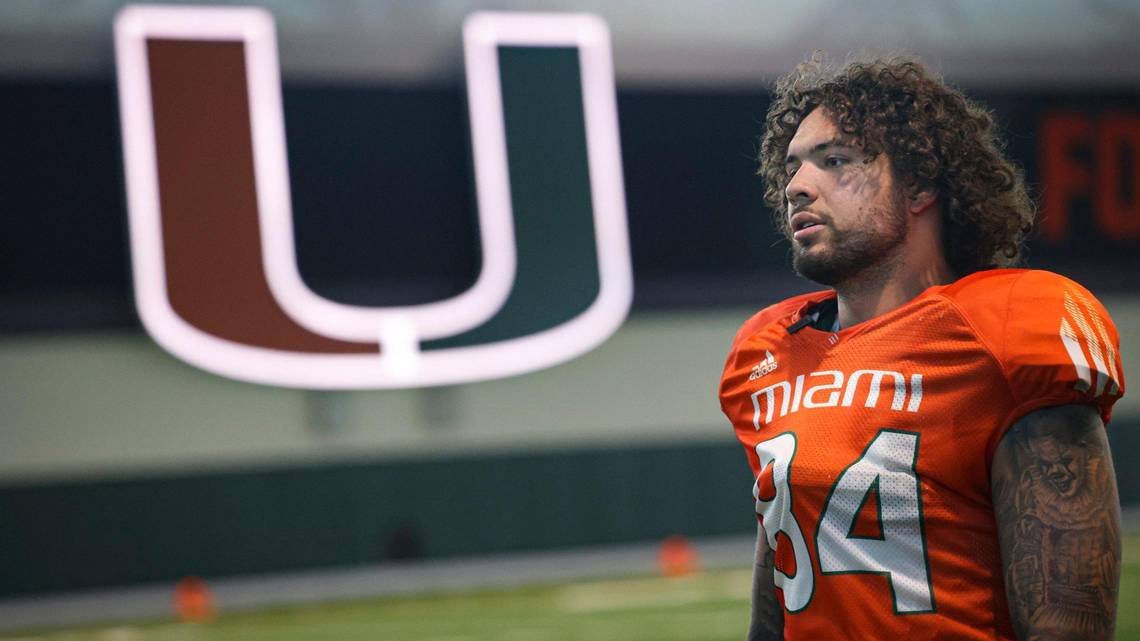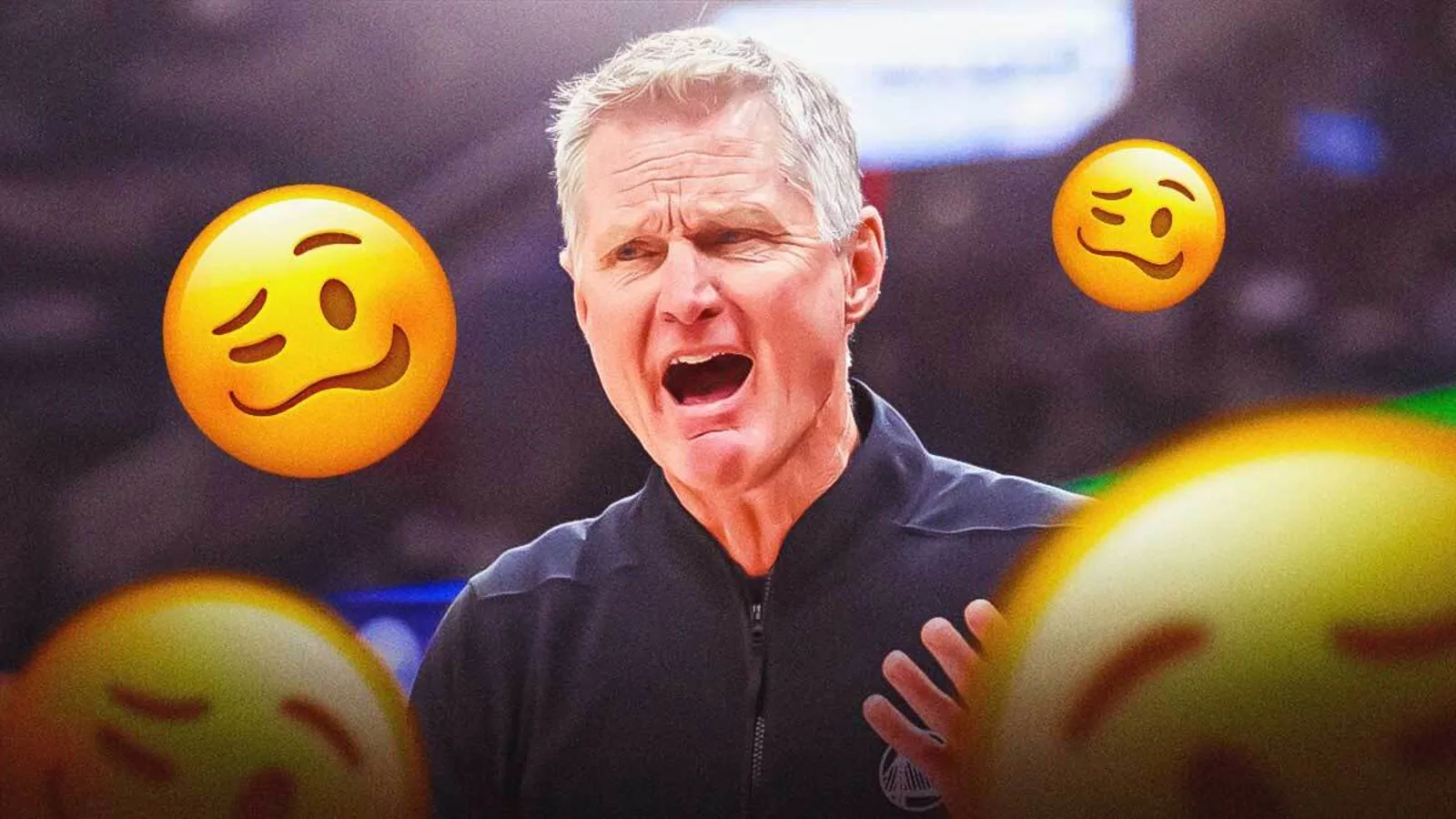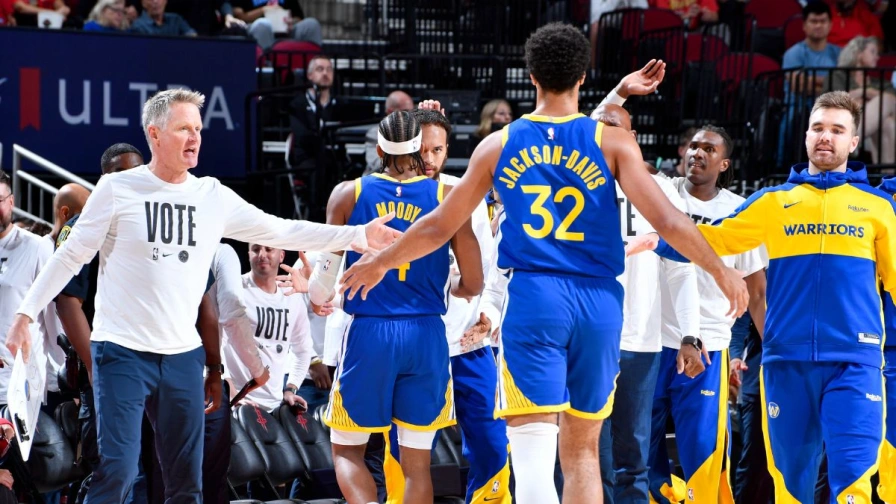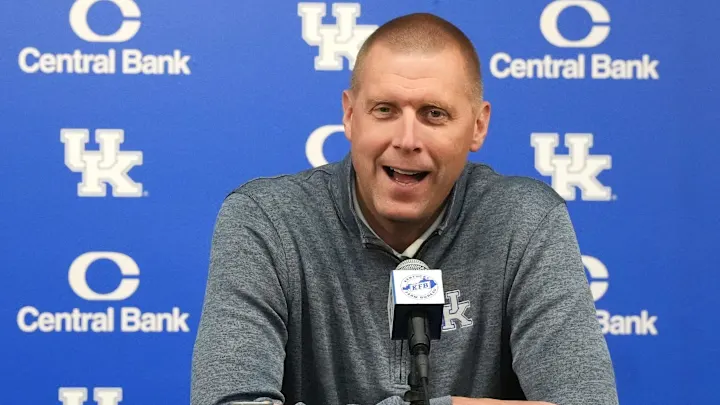It was the kind of phone call Debra McCormick had already fielded too many times.
On the other end, her son had news of another setback, another challenge.
He’d already weathered a torn ACL. Rhabdomyolysis. A broken fibula. Multiple surgeries.
Still, through it all, every time Cam McCormick had experienced disappointment on the field – or in the doctor’s office – he’d been resolute, determined to get back to football sooner rather than later, pain or no pain.
This time, though, Debra McCormick heard uncertainty in his voice. Doubt.
Maybe, Cam McCormick told his mother, it was finally time to walk away from the game. Maybe the excruciating pain in his ankle was a sign. Maybe there was no fix for it all.
And for once, Debra McCormick, who’d always been so encouraging, so unflinching in her support of her son’s football dreams didn’t disagree.
“I think what I told him was that maybe it was time,” Debra McCormick recalled of that fateful conversation during the height of the COVID-19 pandemic in 2020. “I said, ‘Only you know your body and you know what you’ve been through.’ At that point, we just wanted him to be able to walk normally because he wasn’t even able to walk really. He was limping while he was practicing. He kept pushing himself. … But I told him, ‘If you’re saying this is it, then this is it. We’re going to call it a wrap.’”
Except, it turns out, it wasn’t a wrap. Not by a longshot.
For some reason, hearing his mother tell him it might be time to call it a career lit a fire under Cam McCormick.
Maybe it was because he never expected the woman who’d instilled a sense of determination in him to be the one now telling him it was time to walk away. Or maybe it was just the fact that Cam McCormick knew, in his heart, he wasn’t ready to give up football just yet.
Either way, Debra McCormick had again found just the right way to motivate her son.
“She kind of agreed with me and was like, ‘Alright, it’s time to move on.’ She said it in nicer terms, of course, but I kind of took it to heart and it kind of pissed me off,” Cam McCormick said with a laugh. She was like, ‘I support what you’re doing, but the decision is ultimately yours. I’m going to support you either way, but maybe it is time to give it up. Maybe it’s just not going to happen.’ And that just made me want to continue and push through to keep going because my mom didn’t raise a quitter.
“In that moment I thought I wanted to quit, she re-ignited the spark I needed to keep going.”
Four years – and still another serious injury later – Cam McCormick stands poised to play the final regular-season game of his career when the sixth-ranked Hurricanes travel to Syracuse this weekend with a berth in the ACC Championship Game on the line.
But like most of his teammates, McCormick – a redshirt senior tight end – isn’t thinking about the possibilities that exist beyond Saturday.
He’s focused on Syracuse – and how grateful he is to be in the position he’s in, given all that’s been a part of his remarkable, nine-year college football career.
“This journey has meant the world to me, just because growing up from a young age, I always dreamed of playing college football and I’ve been able to live that dream out,” McCormick said. “I never thought that I would be going to college. I never thought I would get a degree, let alone a master’s degree. Really, this whole journey has been an eye-opening experience.
“I think I’ve been tested … I’ve been faced with one of the harder challenges during my college football career, but it’s really taught me so much about myself and I’ve been able to grow so much. I’ve learned so much about myself through all the injuries, all the years I’ve been in college and everything I had to go through.”
McCormick, who was born in Arizona, began playing football when he and his mother moved to Pennsylvania while he was still in elementary school.
Even then, he knew he loved the game, and everything that came with it. What he didn’t love was the idea of playing football in warm weather.
So, when he and Debra moved back to Arizona while he was in middle school, McCormick decided to take a break from football, focusing instead on baseball and basketball.
After two years in Arizona, Debra and Cam McCormick moved to Bend, Oregon just before Cam started high school. It was there that Debra encouraged him to give football another try.
He agreed, even though he was nervous about being the newcomer in an established program.
It didn’t take long, though, for McCormick to establish himself as a top-notch prospect.
He played on both sides of the ball as a sophomore, and as a junior, claimed first-team All-Intermountain League tight end honors after totaling 35 catches for 491 yards and eight touchdowns. Schools from across the Pac-12 recruited him, and he eventually committed to Oregon.
He started his senior year in 2015 rated the No. 1 tight end prospect in the western United States before a torn ACL sidelined him two games into the season and forced him to miss the rest of his team’s state championship run.
The injury took its toll once he reached Oregon, too. McCormick redshirted his freshman season and wouldn’t get back on the field until 2017 – after dealing with another health scare.
That January, just after Willie Taggart was named Oregon’s new head coach and while the team went through its offseason training program, McCormick was one of three Ducks hospitalized with rhabdomyolysis, a dangerous condition that occurs when muscles break down and release their contents into the bloodstream.
Though McCormick had to work to regain his strength after being hospitalized, he recovered, played in all 13 of Oregon’s games as a redshirt freshman and finished the year with six catches for 89 yards and a touchdown.
At season’s end, Taggart left Oregon to take the head coaching job at Florida State and Ducks assistant Mario Cristobal, now the head coach at Miami, was named Oregon’s new head coach.
McCormick hoped to build on the success he’d had as a redshirt freshman, but he broke his fibula and suffered a torn deltoid ligament during the Ducks’ 2018 season opener.
He approached the rehabilitation process ready to work and do what he needed to get back on the field. After all, he’d already overcome one serious injury and a serious medical condition.
But this one proved far more challenging to overcome.
McCormick missed the 2018 season – and eventually, both the 2019 and 2020 seasons, too.
After undergoing an initial surgery to fix his ankle, McCormick sustained a stress fracture that kept him from playing in 2019. In 2020, some of the hardware used in his surgery failed, causing a ruptured tendon.
Thinking the pain he felt was merely tendonitis, McCormick tried to power through as best he could. Still, he struggled to walk. He limped constantly, and the pain seemed unending, even has he tried massage therapy and acupuncture to try and lessen his discomfort.
It was then that McCormick couldn’t help but wonder if it was time to give football up for good and move on with his life.
Not long after, though, came what Debra McCormick called her son’s “Christmas miracle.”
Cristobal and the Oregon staff connected the McCormicks with Dr. Robert Anderson, a renowned orthopedic surgeon who’d served as a team physician to both the Carolina Panthers and the Green Bay Packers.
Braving the cold – and the risk of Covid – Cam and Debra traveled to Green Bay, Wisconsin in December 2020 to see if there was any way to fix Cam McCormick’s ankle for good.
Anderson told them there was – and that the tight end would be able to continue playing football if he so chose.
“I was like, ‘So, if he gets this surgery, that’s going to be the end of his football career?’ and Dr. Bob Anderson said, ‘No, no, no. He’ll be back in six months. He’ll be ready to play,’” Debra McCormick said. “And Cameron and I were in this doctor’s office, and we just started crying, not from sadness, but from relief and joy. Finally, somebody was like, ‘I know exactly what this is. I can fix it. I’ve done this to countless other professional athletes.’
“It was our Christmas present, our Christmas miracle. He had the surgery, I think, the day before Christmas and we flew home on Christmas Day.”
But McCormick’s injury woes were far from over.
McCormick returned to action in 2021, only to suffer yet another setback.
In Oregon’s second game of the season – a matchup against No. 3 Ohio State in Columbus – McCormick made a 16-yard catch on third down to get the Ducks a crucial first down deep in their own territory.
But he got hurt on the play, and while Oregon would go on to record one of the biggest wins in program history, a 35-28 victory over the Buckeyes, the celebration was tempered by the news that McCormick had torn his Achilles on that fateful catch.
Once again, a promising season was cut short by another awful injury.
“Talk about getting stabbed right in the heart. None of us will ever forget that. It was really emotional for everybody,” Cristobal said. “You’re on the turf trying to console him, and he was really in pain. His heart was in pain. The entire sideline just ached for him. Guys were punching the turf and just yelling, ‘Come on, Cam.’ Everybody just felt it and it was also a little bit of a rallying cry. He inspired the team to play that much harder, for what he represents, what he stood for. It was a rough moment, but one that inspired a pretty historical win.”
McCormick, for his part, was disappointed – but not devastated by the injury, a fact Debra McCormick couldn’t help but note when McCormick pointed out to her that he’d managed to extend the drive, despite getting hurt.












